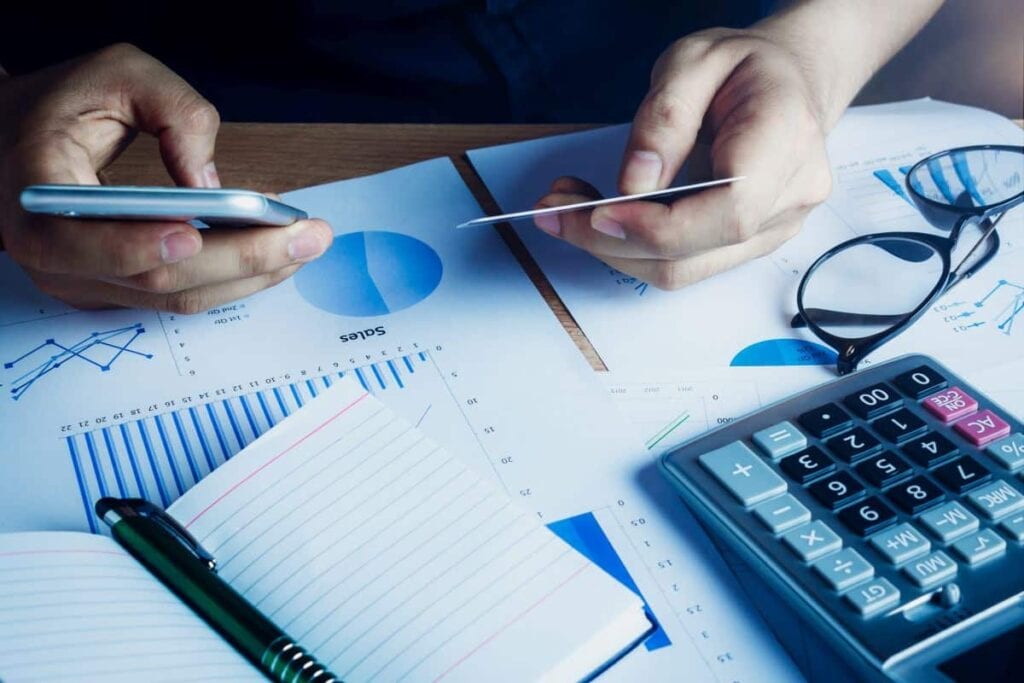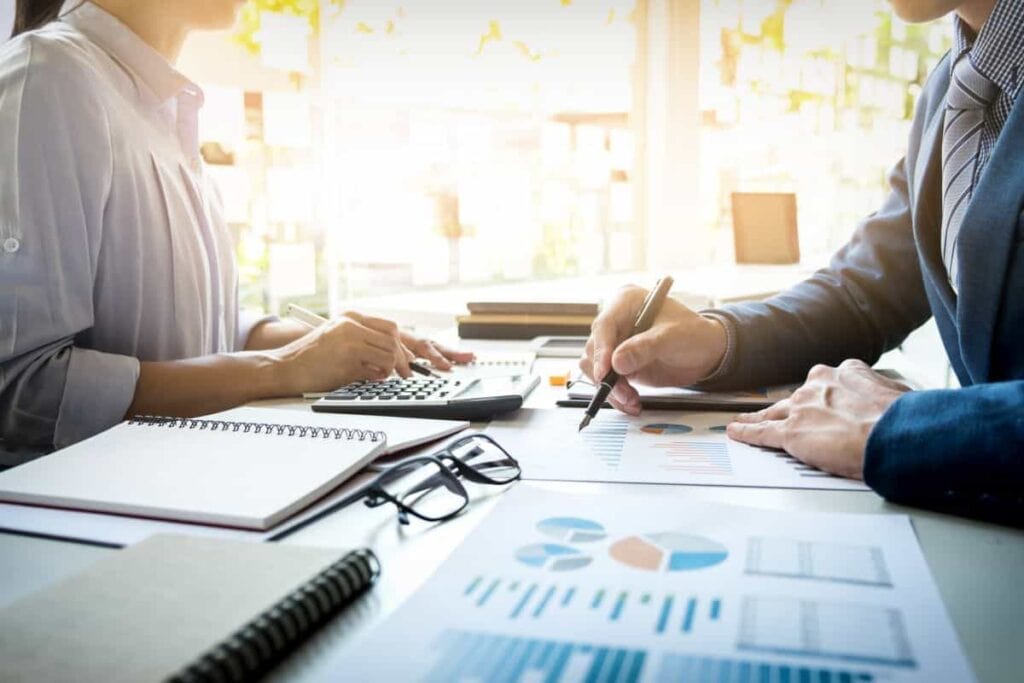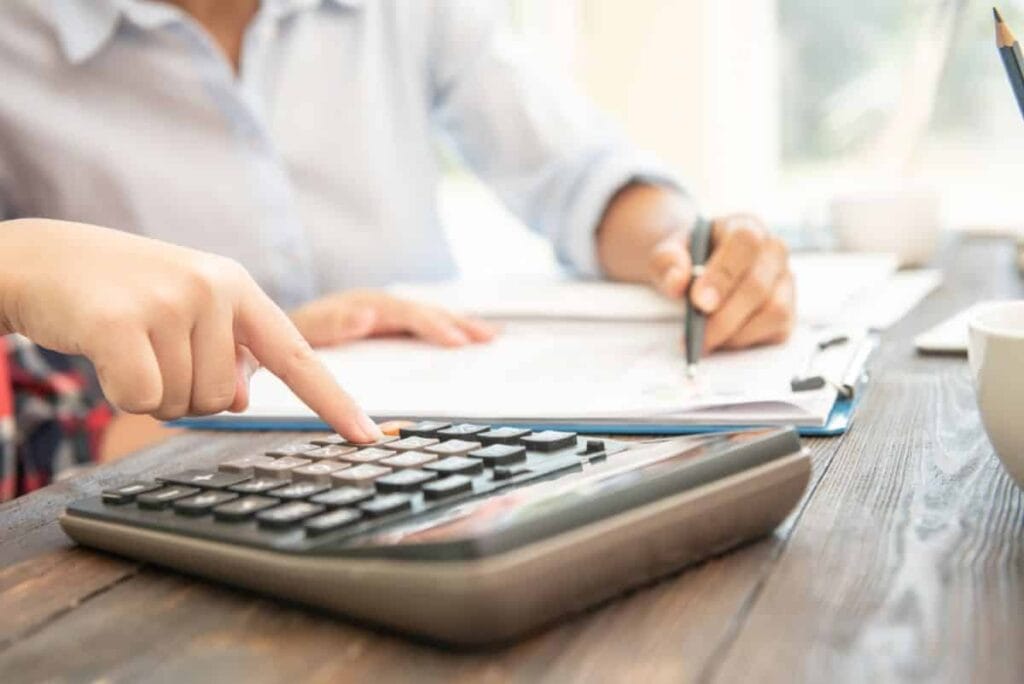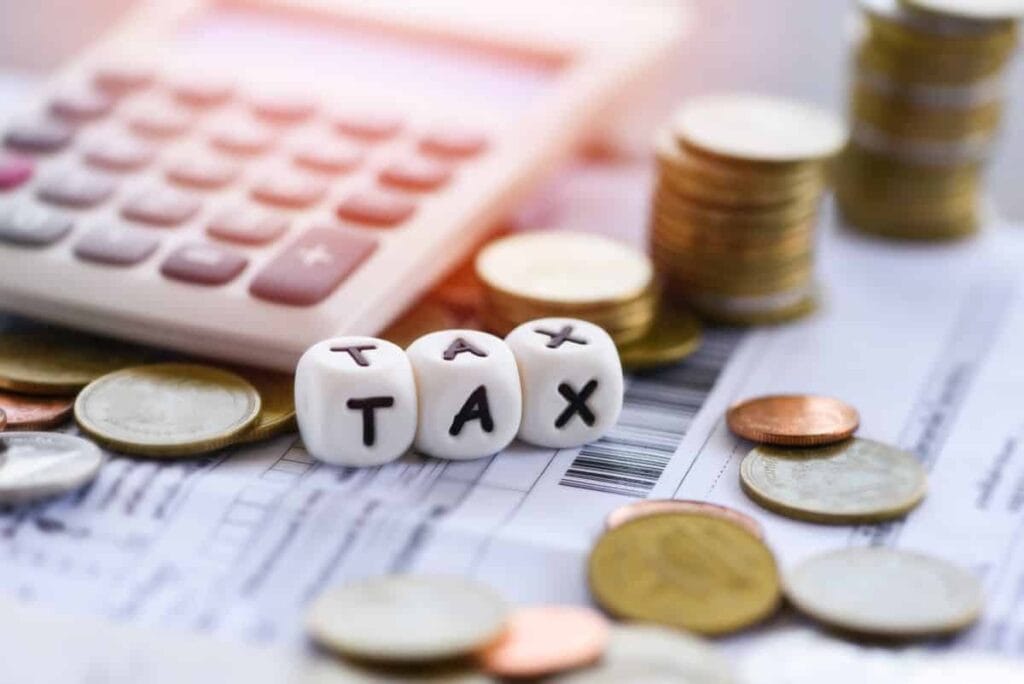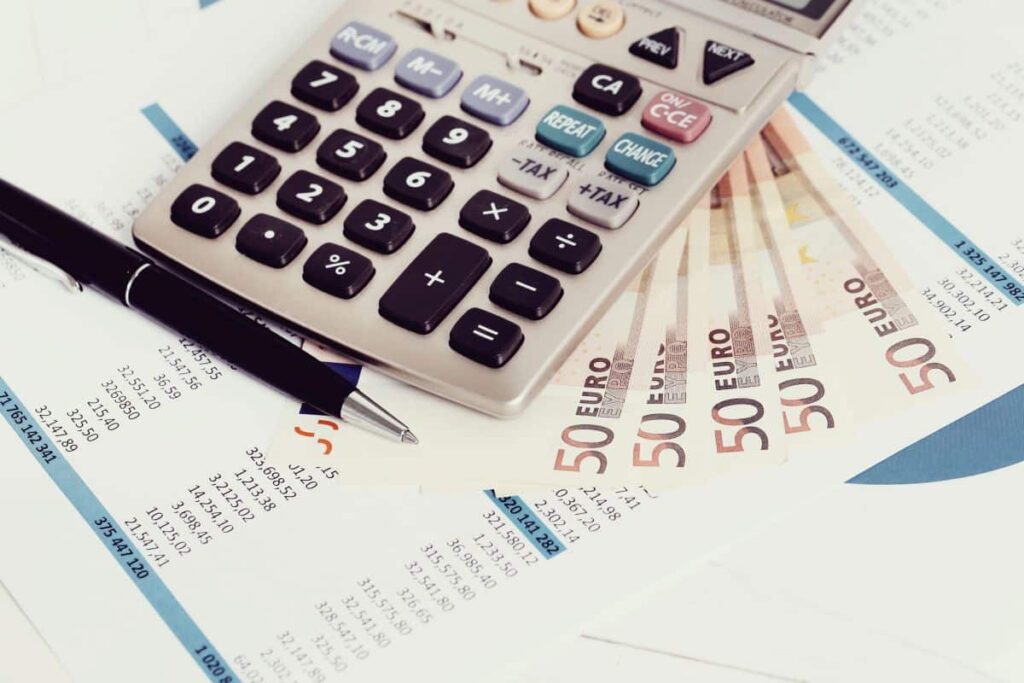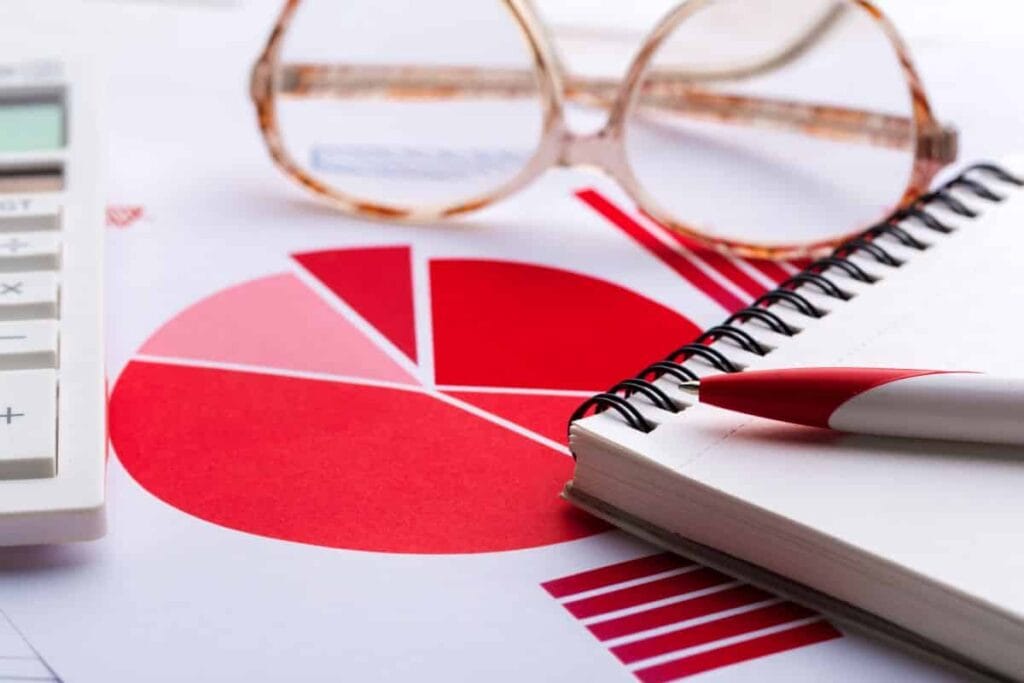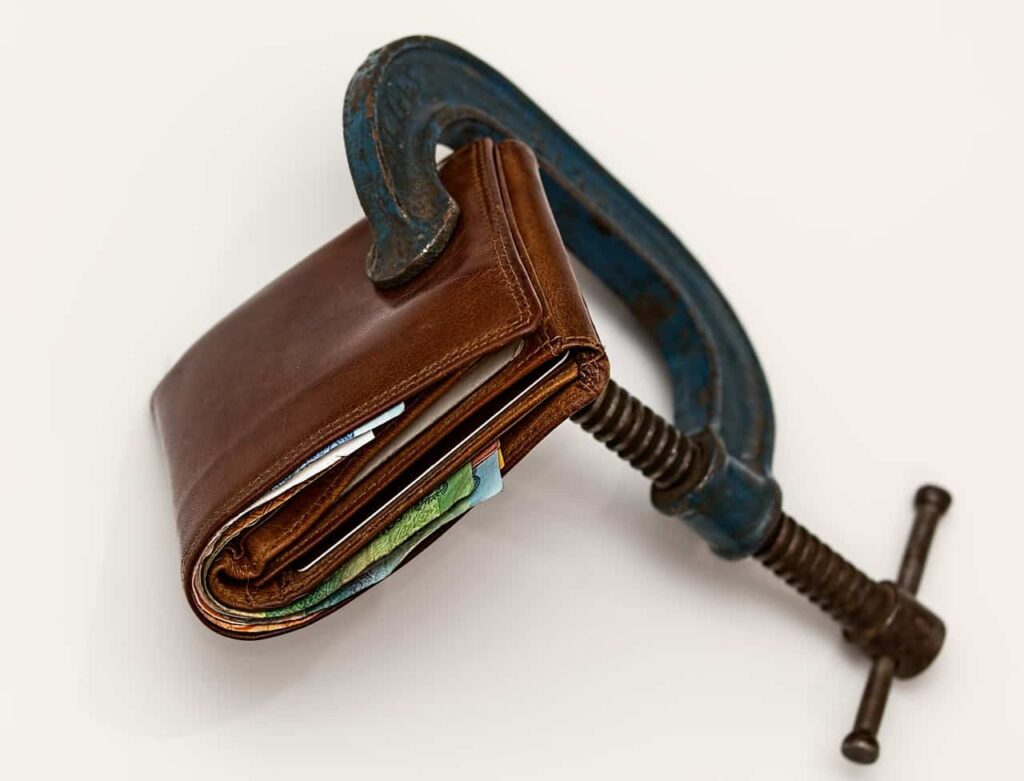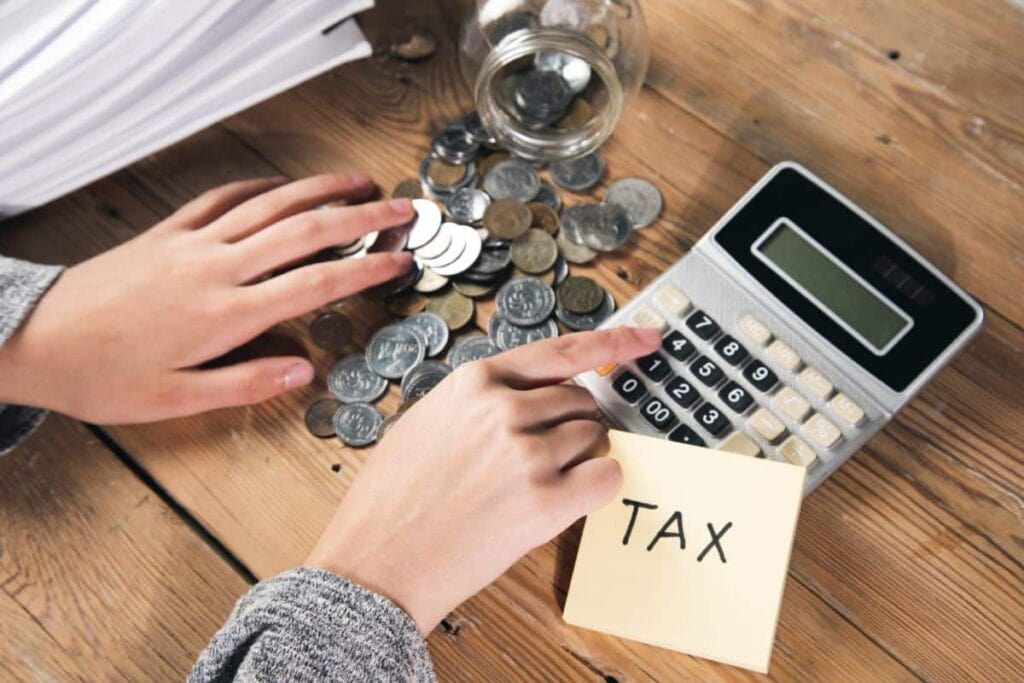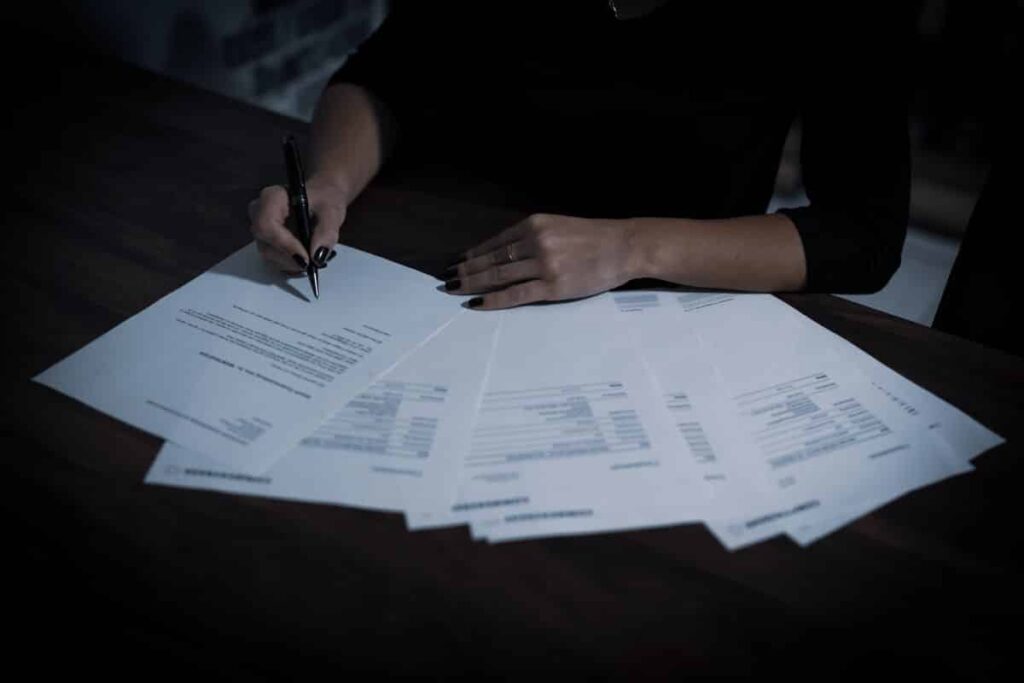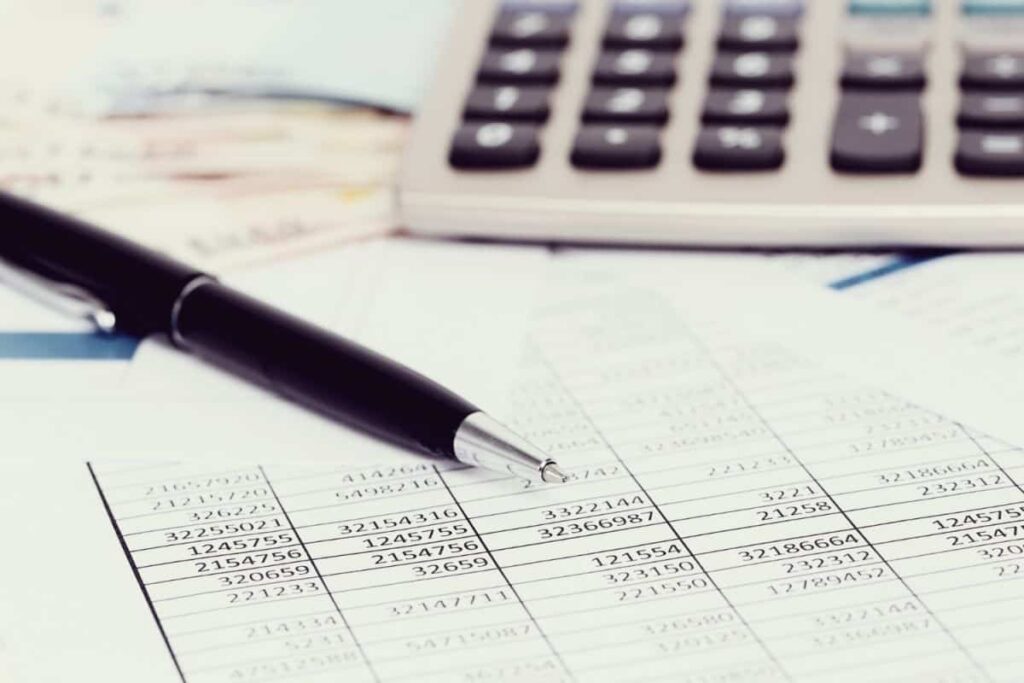Pro Tips for Taking Your Tax-Time
Are you one of the millions of taxpayers who will be rushing to do their taxes before the April 15th deadline? If so, you’re not alone. If that’s the case, don’t feel too bad; you’re not the only one. However, this does not give you permission to disregard the need of filing your taxes on time. There are a few things that you can do to reduce the likelihood that you will make an error during the process and make it go more smoothly overall.
The time of year when taxes need to be filed can be a very stressful time, but it doesn’t have to be. Here are some suggestions to help make filing your taxes a little less stressful. First things first, compile all of your tax documents and put them in order. When you start preparing your tax return, you will have an easier time finding what you need if you do this first. Next, choose a dependable piece of software or an internet provider to prepare your taxes.
This can be helpful in ensuring that your return is complete and precise and that you receive the greatest reimbursement possible. One more piece of advice: do not put off filing your return until the eleventh hour. If you have any inquiries regarding your taxes, please do not be reluctant to get in touch with a tax specialist. With these helpful hints, filing your taxes may be a stress-free and even pleasurable experience!
Last-Minute Advice to Assist You in Getting Ready for Tax Season
If you haven’t gotten yourself organized, now is the time to get moving if you haven’t gotten yourself organized, since the official window to lodge your tax return will close on October 31 for many people. If you haven’t gotten yourself organized, now is the time to get moving. Considering that 84 percent of taxpayers anticipate receiving a refund, it is in your best interest to organize your documents and make sure you are adequately prepared to file your tax return. The following are some helpful hints that you can use right now:
Put all of your documents in one suitable place
The more organized you are, the less stressful the procedure will be for you, and the greater the likelihood that you will maximize the number of deductions available to you. You won’t be able to get the most out of your costs unless you keep detailed records and keep all of your receipts. Make sure that you gather all of your documentation in one location so that you can prevent unnecessary back and forth with your accountant.
Even though each person’s circumstance is different, as a general rule, the following documents should be obtained before you begin:
- a copy of the tax return from the previous year;
- documents relating to the purchase and sale of any shares, businesses, or properties;
- Information pertaining to private health insurance;
- Spouse details (if relevant);
- information about the children, including their dates of birth;
- a complete listing of all income, including income statements, income from rentals, interest, and dividends, as well as any income from other countries;
- Make a list of all of your expenses, including those associated with your job, any gifts you made, any money spent on furthering your education, and any money spent on handling your taxes.
You or your accountant may be able to get some of this information from the ATO. Examples of this type of information include income statements, details regarding payments made by Centrelink, and information about private health insurance.
Aside from refunds, the ATO is tightening down on questionable deductions, which means that if you intend to claim it, you need to be able to verify that you are entitled to it.
Please Specify Each and Every Work-Related Expense
Whether you work as a chef, a carpenter, or a copywriter, every job has a list of tax deductions that are unique to that profession. There is a good chance that you can get reimbursement for some of the costs associated with your place of employment. These might include things like car expenditures, uniform costs, mobile phone bills, and even union dues. Think about any items you’ve bought that are related to your employment or that help you perform your duties more effectively.
It could be equipment that you use on the job, or it could be a membership to a newspaper that is specific to your sector. If the item is closely related to your job but your employer did not reimburse you for it, you may be able to write it off as a business expense.
Determine the method that you will use to file your tax return.
When you have finished collecting all of your information, the next step is to think about how you will submit your tax return. If you want to submit your tax return electronically, you can do so on your own with the help of our Online Tax Express Return software. We will provide you with tax guidance and suggestions at various points throughout the preparation process to ensure that you collect the most money possible from your refund. Choose our Online Tax Adviser service if you anticipate that your tax return will be somewhat challenging or if you believe that you will require additional input from a tax professional.
With Online Tax Adviser, all you need to do to get your returns prepared is upload your personal information and relevant tax documents, and we will do the rest, including maximizing your refund and submitting everything through our user-friendly and protected online portal.
Seek Help From Experts
According to the statistics, 74% of people in Australia seek the assistance of a tax agent while preparing their tax returns. It is always in your best interest to seek the guidance of a professional, as even information that appears to be unimportant to you could have a direct bearing on the tax return you file. Even while you might believe that handling your own taxes will save you money, doing so might instead cause you to lose out on deductions that you are eligible for. Expert guidance is both convenient and inexpensive because it is offered in a variety of packages and pricing points to accommodate a wide range of taxpayers and income levels.
How to Get Ready, File, and Get the Most Out of Your Tax Return
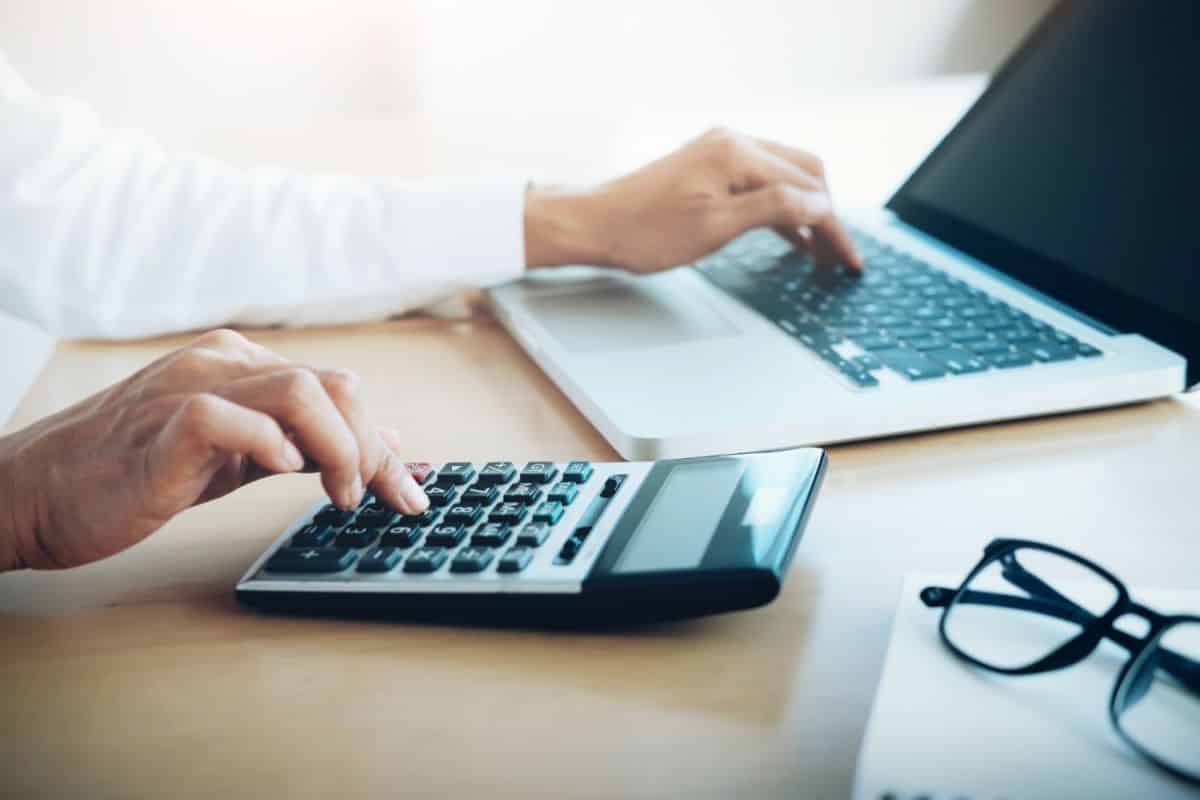
Because tax season is drawing near, you might be interested in the following deduction suggestions, which could potentially assist in increasing the amount of money that is refunded to you.
Your tax return may be impacted by a variety of factors, such as your sources of income from employment, investments, and government aid, such as any JobSeeker payments you may have received during the fiscal year.
Whether or if you have work-related expenses, such as those incurred from travel, equipment, clothing, or what you may have spent if you had been working from home, is another consideration that may play a role.
The following is a brief review of some of the items you might want to think about when preparing, filing, and hopefully optimizing your tax return for the fiscal year that will end on June 30, 2021.
Who Is Required To Compile And File An Income Tax Return?
There are going to be certain individuals who won’t be required to submit a tax return. People with lower levels of income and certain older people in Australia are typically included in this category.
Those who are required to file a tax return are often those who have reached specified income thresholds or who have earned particular sorts of income.
The online quiz provided by the Australian Taxation Office (ATO) can assist you in determining whether or not you are required to submit a tax return.
What Kinds Of Documents Must Be Submitted Along With Your Tax Return?
When you’re ready to submit your tax return, some of the things you’ll need to have on hand include, but aren’t necessarily limited to the following:
- Your social security number;
- Your bank account information, so that the ATO is aware of where to deposit any potential refund that you are entitled to receive;
- Any summaries or statements of income that have been provided to you by your employers;
- Information pertaining to aid and relief programs about payments from Centrelink (Services Australia);
- Particulars concerning any additional sources of revenue, such as businesses, properties, investments, or shareholdings;
- statements or receipts for the charges that you are claiming as deductions on your tax return;
- Any information you may have regarding a private health insurance plan;
- if you have made any charitable donations, the receipts for those donations.
Note that if you file your tax return by yourself using myTax, which is accessible through the myGov website and the ATO app, the vast majority of the information required from your employers, banks, government agencies, health funds, and other third parties will generally be pre-filled for you by the end of July.
When you file your tax return, what kinds of tax deductions are you eligible to claim?
Work-related expenses will account for the majority of tax write-offs. Nevertheless, a work-related item will only be deducted if your employer did not compensate you for it if it directly corresponds to you producing an income, and if you have a record, such as a receipt (unless the amount you’re claiming is $300 or less, in some situations).
Expenses that can be deducted from taxes due to employment include:
- Expenses related to vehicles and travel;
- Uniforms, in addition to specialized occupational apparel and protective work attire, including footwear;
- Expenses associated with working from home, such as those for energy, the phone, and the internet. Note that a simplified approach to claiming these deductions will be available once again this year (more information regarding this topic can be found below);
- Expenses connected to your employment that are directly related to your education, such as tuition, textbooks, dues, and subscriptions;
- Tools and equipment, such as sunscreen and sunglasses in the event that you work outside, or a laptop computer and the appropriate software in the event that you work in an office or from home.
For more information on deductible items relating to your particular industry, please refer to the occupation and industry-specific deduction guides that are provided by the ATO.
In the meantime, if you use your costs for both work and personal reasons, you can only claim a deduction for the percentage of your expenses that is related to work. This could, for example, be fifty percent of the cost of your combined phone and internet bill.
Another scenario in which you wouldn’t be able to deduct your entire trip as a business expense is one in which you travel on a business-related trip out of states, such as to a conference or a study session, but you also take a vacation during that time.
Additional deductions that you might be eligible to claim to include the following:
- Certain personal contributions to superannuation, in the event that you have made any;
- Interest, dividends, and any other costs associated with the investment;
- gifts and donations made to beneficiaries who qualify for a tax deduction, such as charity;
- If you used a tax preparer, the fee for your return from the previous year.
Check using the myDeductions function that’s available in the ATO app if you’re having difficulties remembering where you put each of your receipts. This enables you to save a record of your deductions during the course of the fiscal year, which you can afterwards upload when it comes time to submit your return.
Tax Time Tips
These are the most important considerations to keep in mind when filing your taxes. If you follow these steps, you will increase your chances of receiving a larger tax refund (or at the very least, you will reduce the amount of tax and fees you are required to pay):
Be Punctual With It
You have until October 31st to submit your personal income tax return if you are doing it yourself through the myGov portal. By the end of July, the majority of your data should have been pre-filled; therefore, all you need to do is verify that the details are accurate, add in your valid deductions, and complete the form. Make sure you include any income you received from investments, the gig economy, or capital gains on your tax return. In the event that you are unable to submit your return by the deadline, a registered tax agent can do so on your behalf.
Read the ADF Guide provided by the ATO
The Australian Tax Office (ATO) has created guides for members of the Australian Defense Force (ADF) that clarify what types of income are required to be disclosed and what types of expenses can be deducted. If you are a member of the Australian Defense Force and have paid for things like car or travel expenditures, uniform expenses, mess fees, self-education expenses, or fitness charges, you might be eligible for a tax deduction.
If you have worked from home, particularly during the COVID-19 outbreak, you should investigate whether or not you are eligible to receive reimbursement for home office expenses like as phone and internet service. On their website, the ATO provides information about the deductions that may be available to you.
Keep Receipts
Make sure that any assertions you make are true and that you can back them up with evidence. Our method of collecting taxes is based on the honour system; nevertheless, the data matching software used by the ATO is rather effective. This software will compare your claims to the claims of your peers. Every year, taxpayers are also selected at random for audits, and if you’ve made significant claims, you may be highlighted for closer inspection if you’re selected for an audit.
Therefore, providing proof to support your assertions might not necessarily be requested of you, but you should still be ready to do so in case it is. If you make claims that are undocumented or fraudulent, you could face hefty fines and regular audits of your financial dealings with the government in subsequent years.
Get Help If You Need It
Consider utilizing the services of a registered tax agent (RTA) or a competent accountant if your financial situation is very complicated and you do not feel comfortable preparing your own tax return or if you require specialized tax assistance. Use the search tool on the website of the Tax Practitioners Board (TPB) to verify the registration status of the person or organization of your choice, or to locate an RTA in your region, if you are looking for one. A professional organization, such as CPA Australia or the Chartered Accountants Australia New Zealand, is a good place to start looking for an accountant who meets your needs and requirements.
Be aware of the various costs and fees.
When it comes to picking an RTA or an accountant, you have access to hundreds of different possibilities. Some even take out advertisements in military publications. When selecting a provider, you should make sure that they are knowledgeable about the tax deductions that are available to members of the ADF. Additionally, you should make sure that you understand the structure of their fee, which should be a flat fee and not a percentage of any tax refund to which you are entitled.
Be Organised
Because tax agents and accountants typically charge you based on the amount of time they spend preparing your tax return, your level of organization can have a direct impact on the amount of money you save. If you keep your receipts on scraps of paper and hand them over in the proverbial “shoe box,” or if you are unable to provide the evidence to justify the claims you want to make, you will either end up paying a significantly higher amount in professional fees, or you will receive a tax refund that is significantly less than it should be.
Watch Out For Investment Spruikers
Some real estate tax advisors and accountants may also be licensed as financial counsellors, mortgage brokers, or real estate promoters. Additionally, some RTAs and accountants may work as part of a collective group of professionals based out of the same office. In exchange for your agreement to a “financial health check” or the purchase of investment products from which they will earn an incentive payment, these operators may offer to do your tax return for free or at a rate that is heavily discounted. Alternatively, they may offer to do it at a heavily discounted rate. Before you hire someone to prepare your tax return for you, you should be informed of the goals of the counsellors in question. It’s possible that they aren’t looking out for your best interests when they behave.
Don’t Wait If You’re Late

If you haven’t submitted a tax return for prior years, you should consider doing so voluntarily rather than risking getting caught by the Tax Office. We encourage that you submit any pending returns. In this manner, fines will typically be smaller, and agreements can be made to pay off any due tax in a manner that is affordable. In addition, there are numerous instances in which you can be eligible for a refund, which means that outstanding lodging returns might even be a financially rewarding experience.
Make smart use of your tax refund
If you are fortunate enough to receive a sizeable tax return, make sure you put it to good use. An unexpected windfall such as this one could be used toward the settlement of high-interest debt, the establishment of an emergency fund, or the beginning of a savings plan for a more substantial purchase that you want to make in the not-too-distant future. If you want to make the most of the opportunity, you should think about taking a break from it for a little while so that you can consider your options.
Take Care of Your Emotional and Mental Health
When things are difficult like they are right now, it is more vital than ever to take care of yourself and the people you care about. In order to support small business owners and their mental health, the ATO provides material that may be accessed here.
My Business Health, the web portal maintained by the Australian Small Business and Family Enterprise Ombudsman, is another resource that may be accessed online for useful advice.
If you are having trouble paying your tax and superannuation responsibilities, the ATO is able to assist you to design a personalized payment plan and defer payments and lodgements if necessary.
Check to See If All of Your Records Are Accurate And Complete
It is essential that you have a thorough understanding of the records that you are required to keep and that those records are comprehensive and correct. You are required to maintain the majority of records for a period of five years, store them in a secure location, and ensure that they are written in English (or easily converted to English). For further information, please see the record-keeping page provided by the ATO.
You may also use a record-keeping evaluation tool to assist you in determining how well you are keeping the records of your company so that you can make adjustments to improve your record-keeping practices in the future.
Include Every Cent That You Make
Include all of your revenue on your tax return, whether it came to you in the form of cash, coupons, EFTPOS purchases, online credit or debit card transactions, or money from other platforms like PayPal, WeChat, or Alipay. You could also have revenue from the assets of your firm, from other operations related to your business, or from capital gains. You will be able to better monitor both your turnover and your cash flow if you take the time to accurately record your income and expenses and if you keep meticulous records of both.

